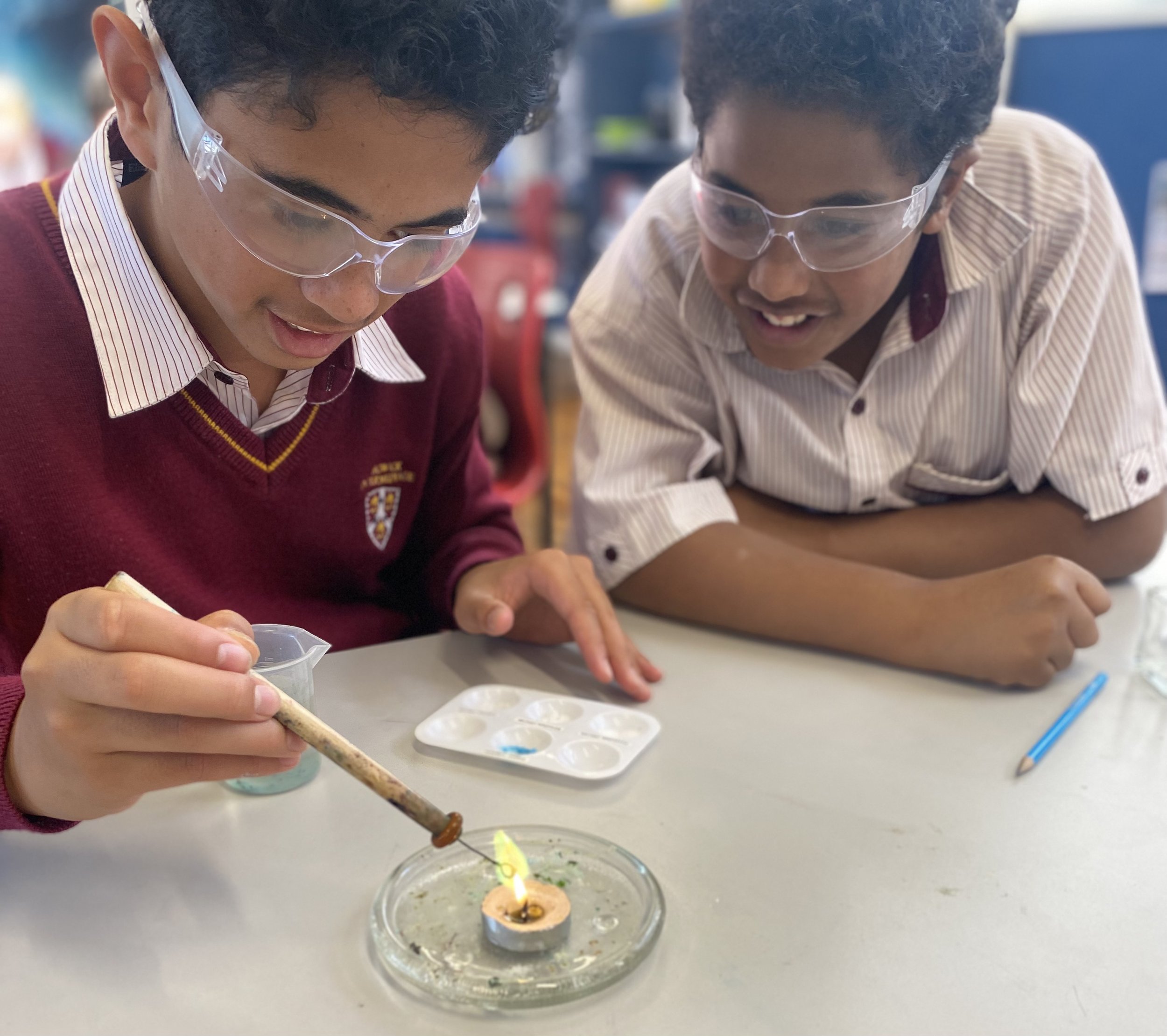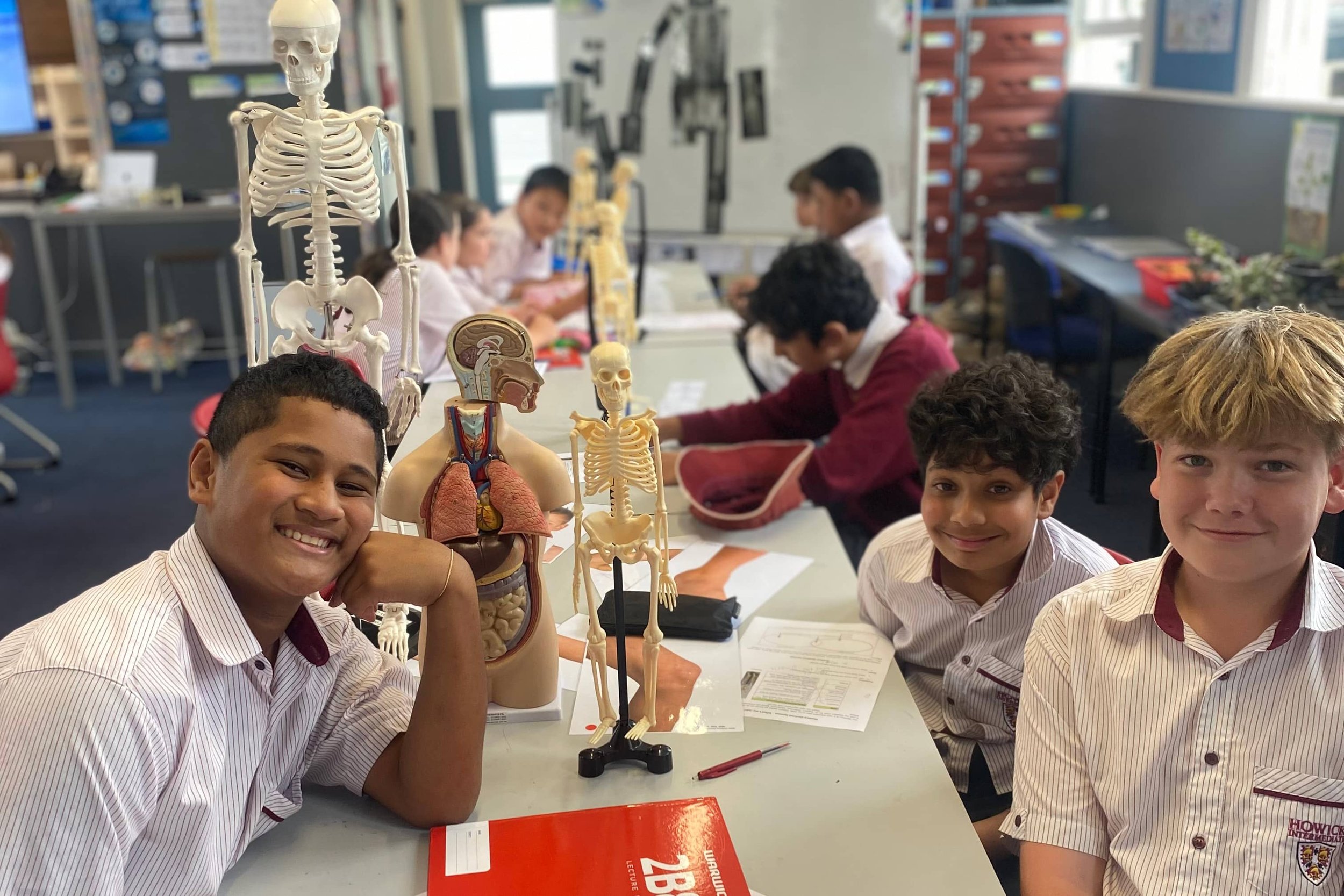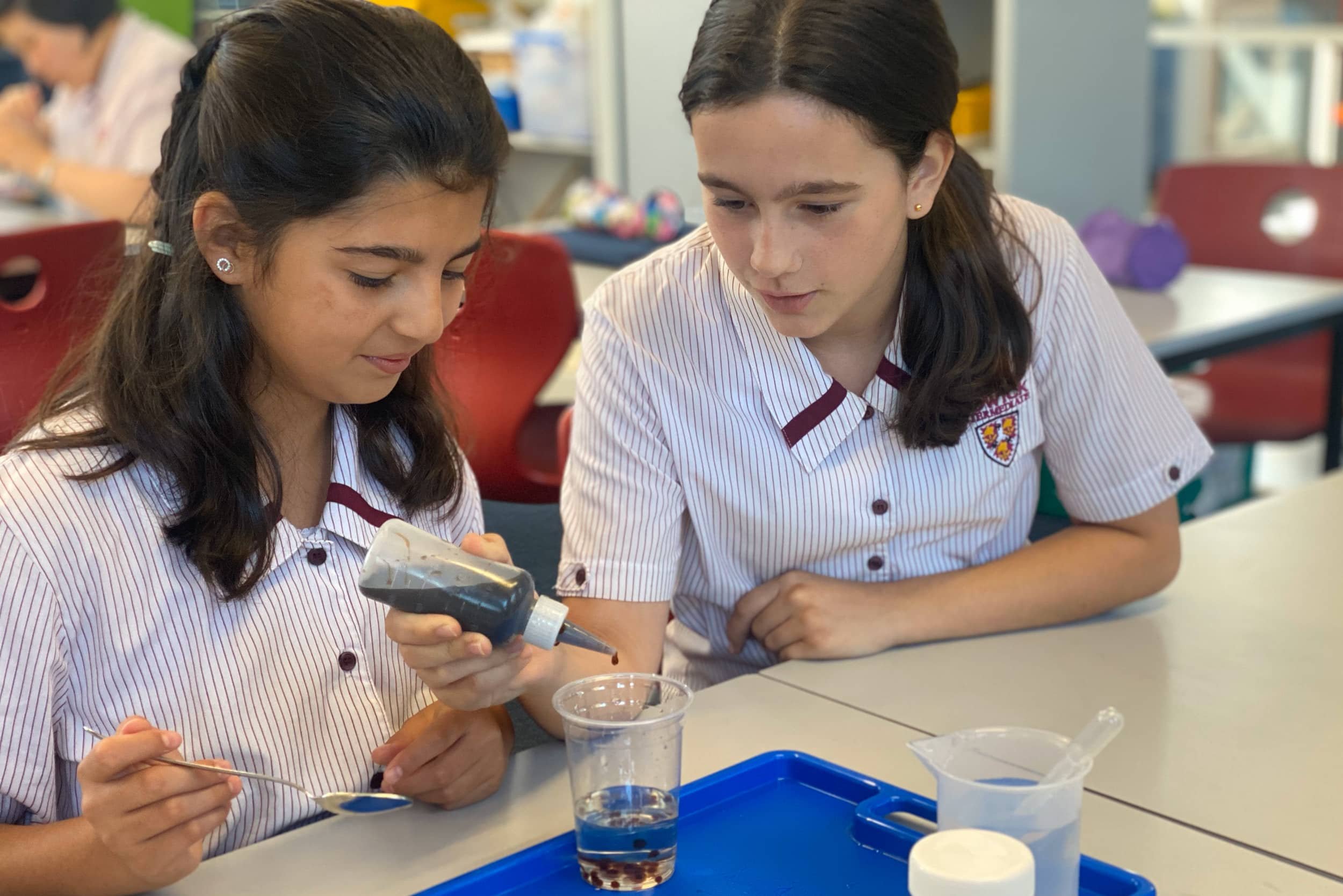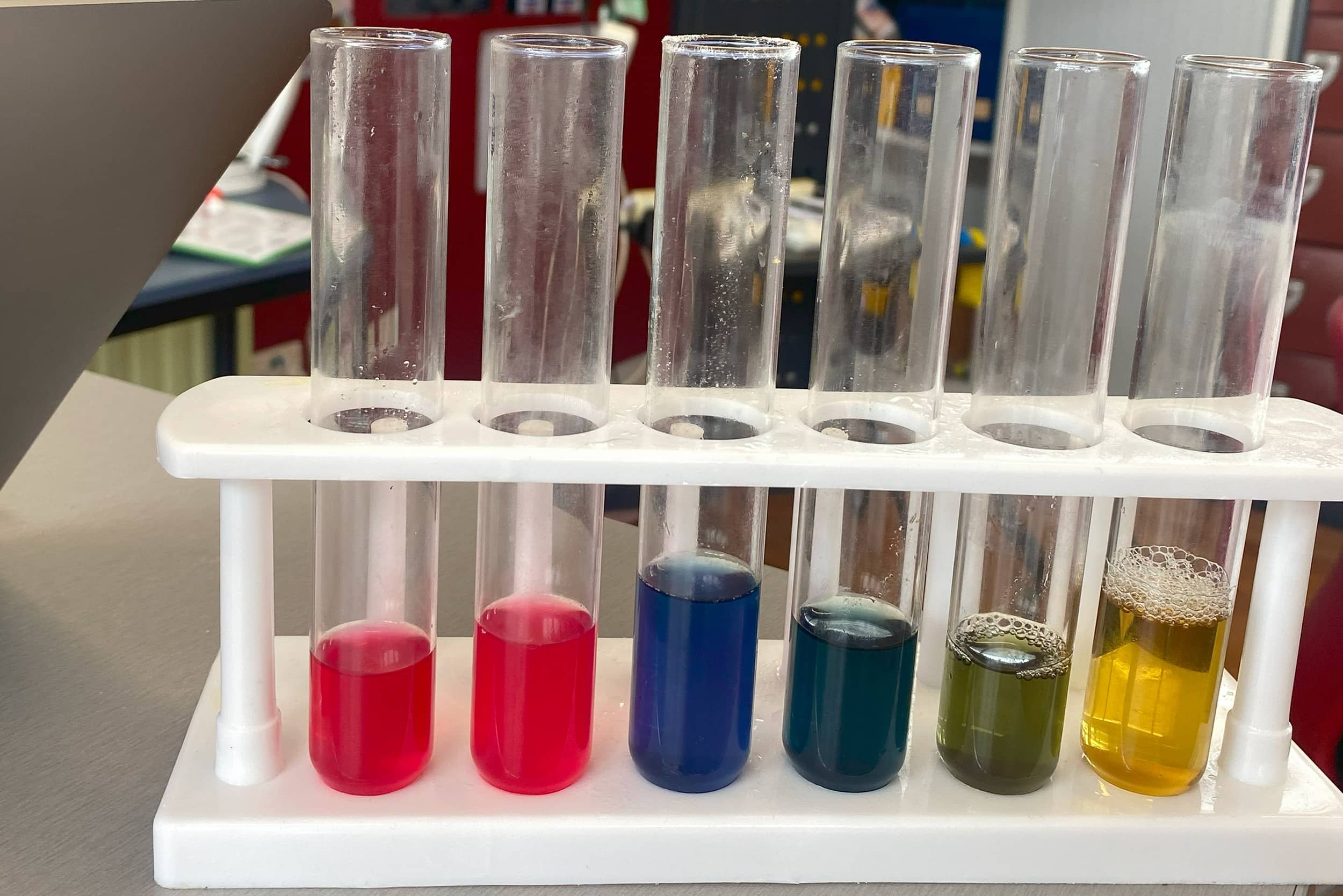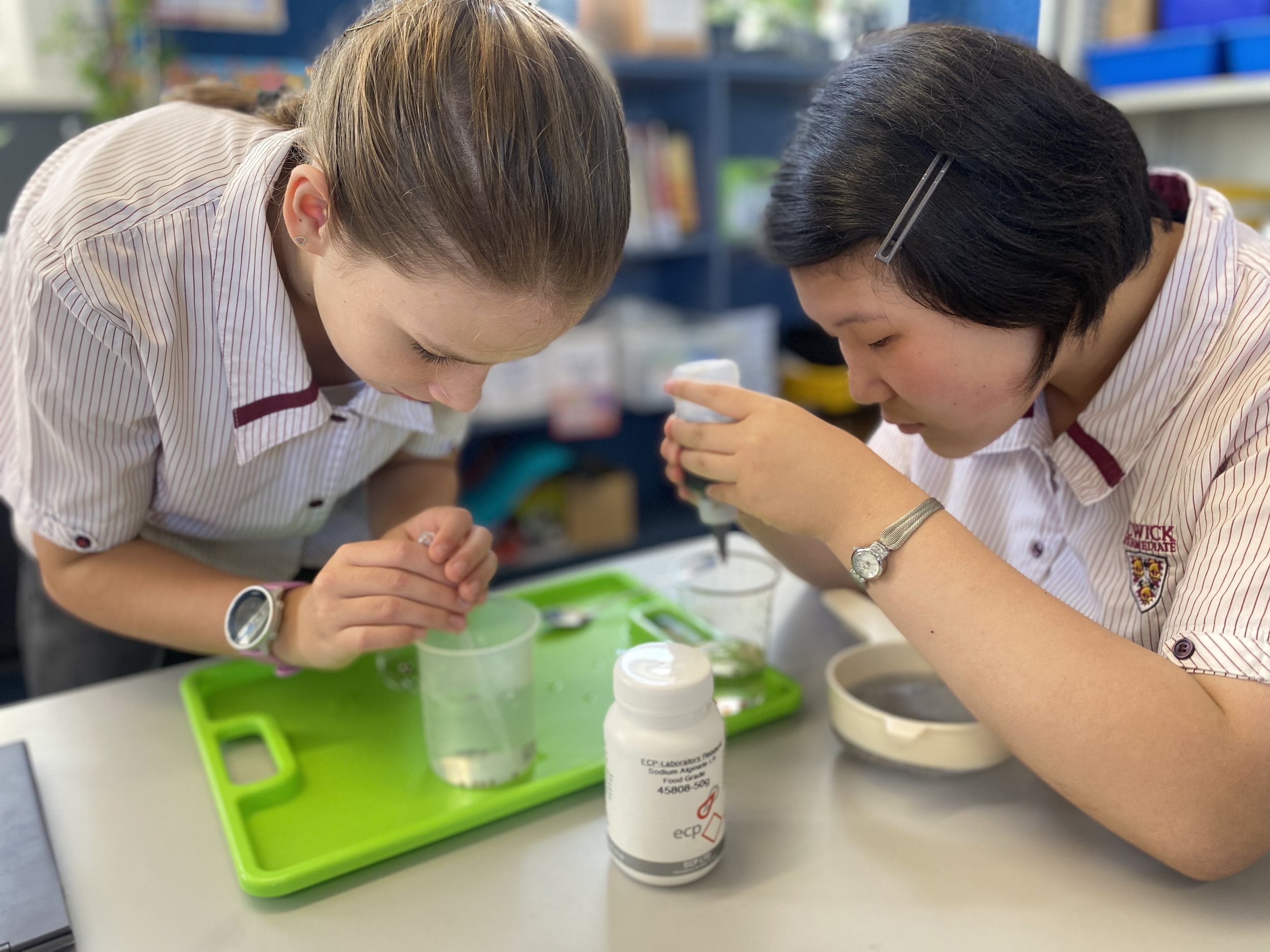Specialist Programmes
Visual Art
Our Visual Art Programme is tailored specifically for intermediate-aged students, offering an enriching exploration of the fundamental elements of art. Through a diverse range of mediums and techniques, students explore the realms of shape, line, space, texture, form, colour, and value.
In our dynamic programme, students have the opportunity to express their creativity through various avenues, including 2D artwork and hands-on sculpting with clay. Modelling famous artists' styles or molding a three-dimensional masterpiece, our students bring their imagination to life in both two and three dimensions.
For students who demonstrate a passion and talent for visual art, our Art Extension programme provides an exciting pathway for further exploration and skill development. Under the guidance of experienced mentors, students delve deeper into their chosen medium, honing their craft and pushing the boundaries of their creativity.
One of the highlights of the extension programme is our participation in Wearable Art competitions. Students eagerly embrace the challenge of creating wearable masterpieces at home and in school, combining fabric, form, and fantasy to produce stunning garments. These competitions not only showcase our students' talents but also foster teamwork and innovation within our artistic community.
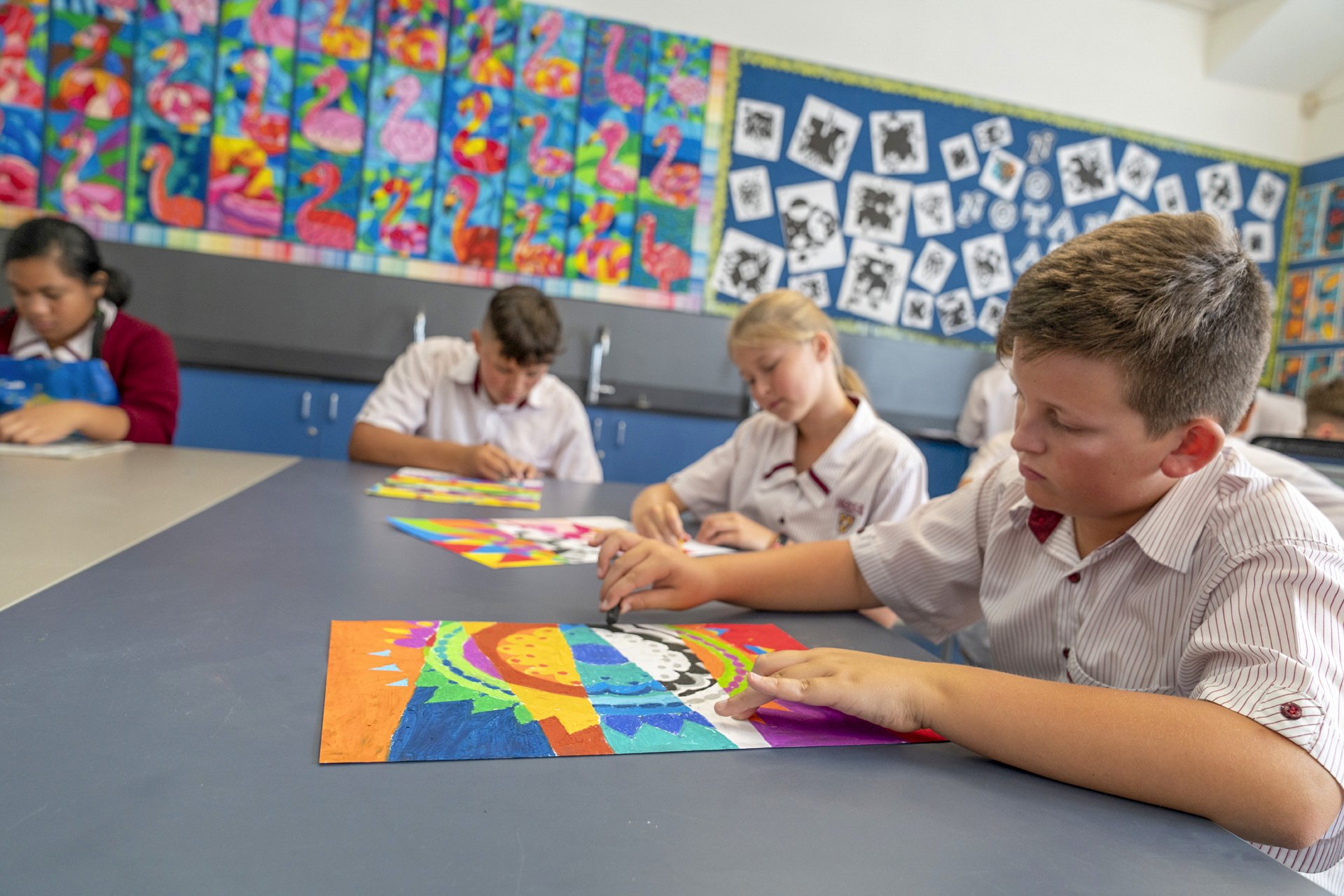
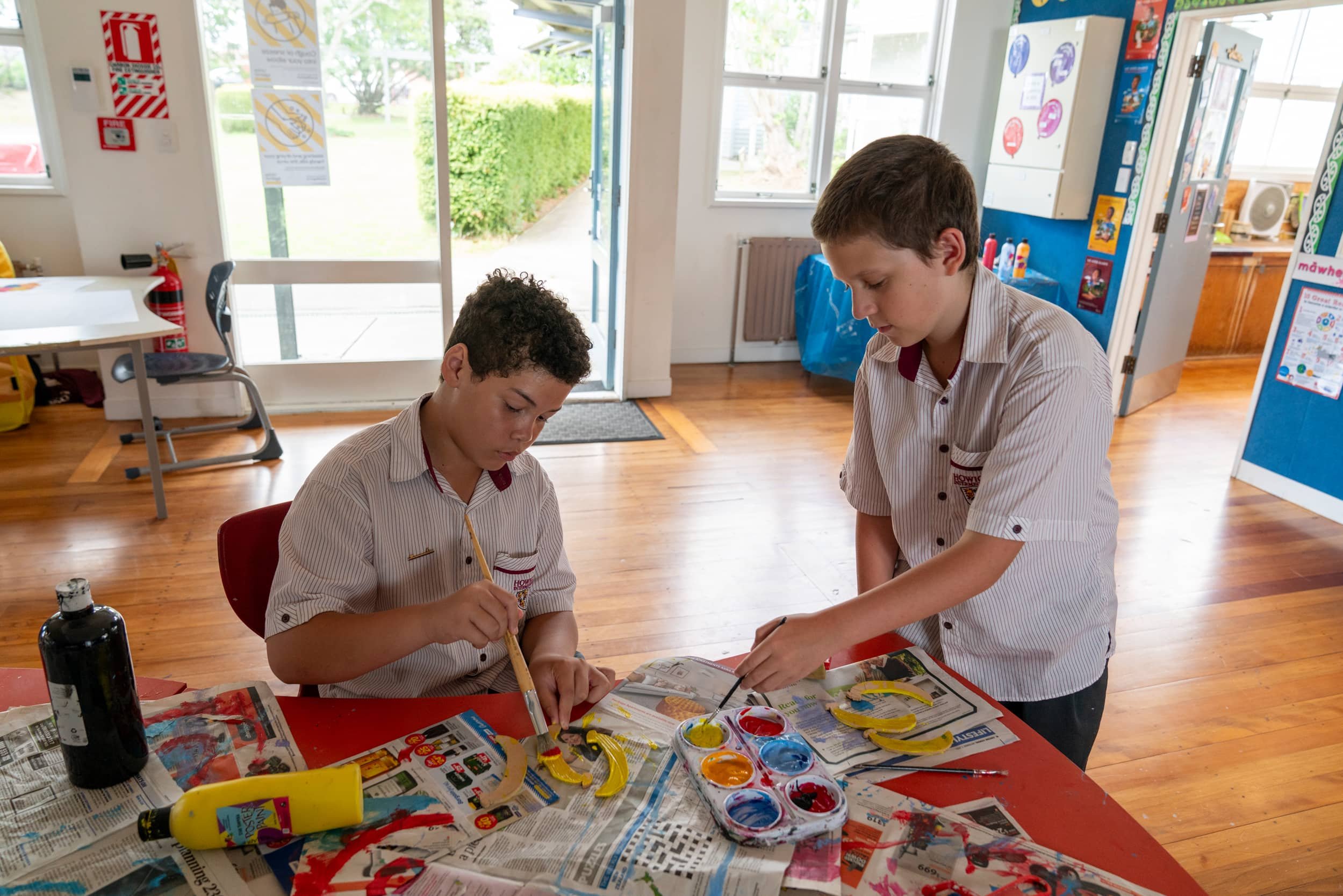
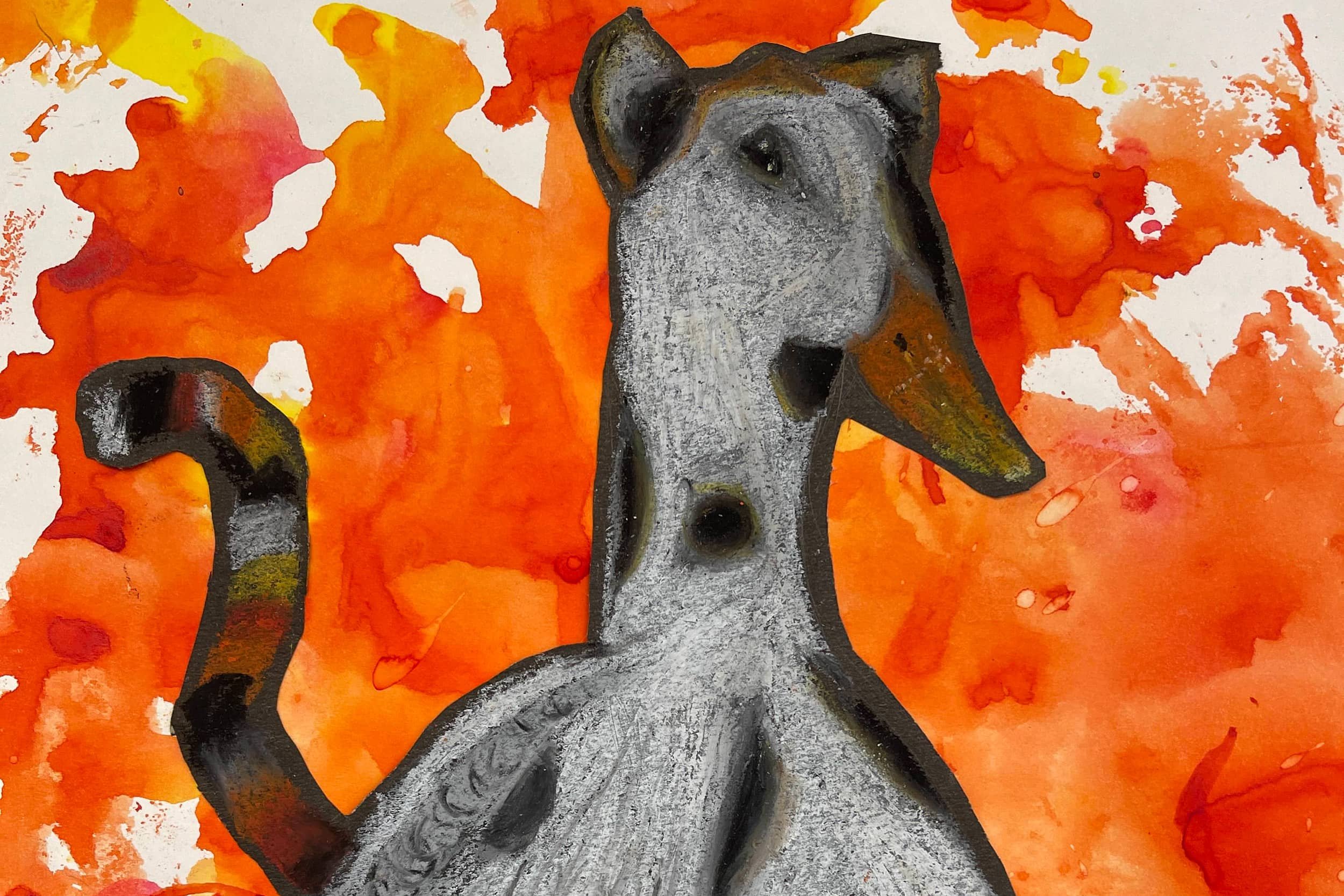
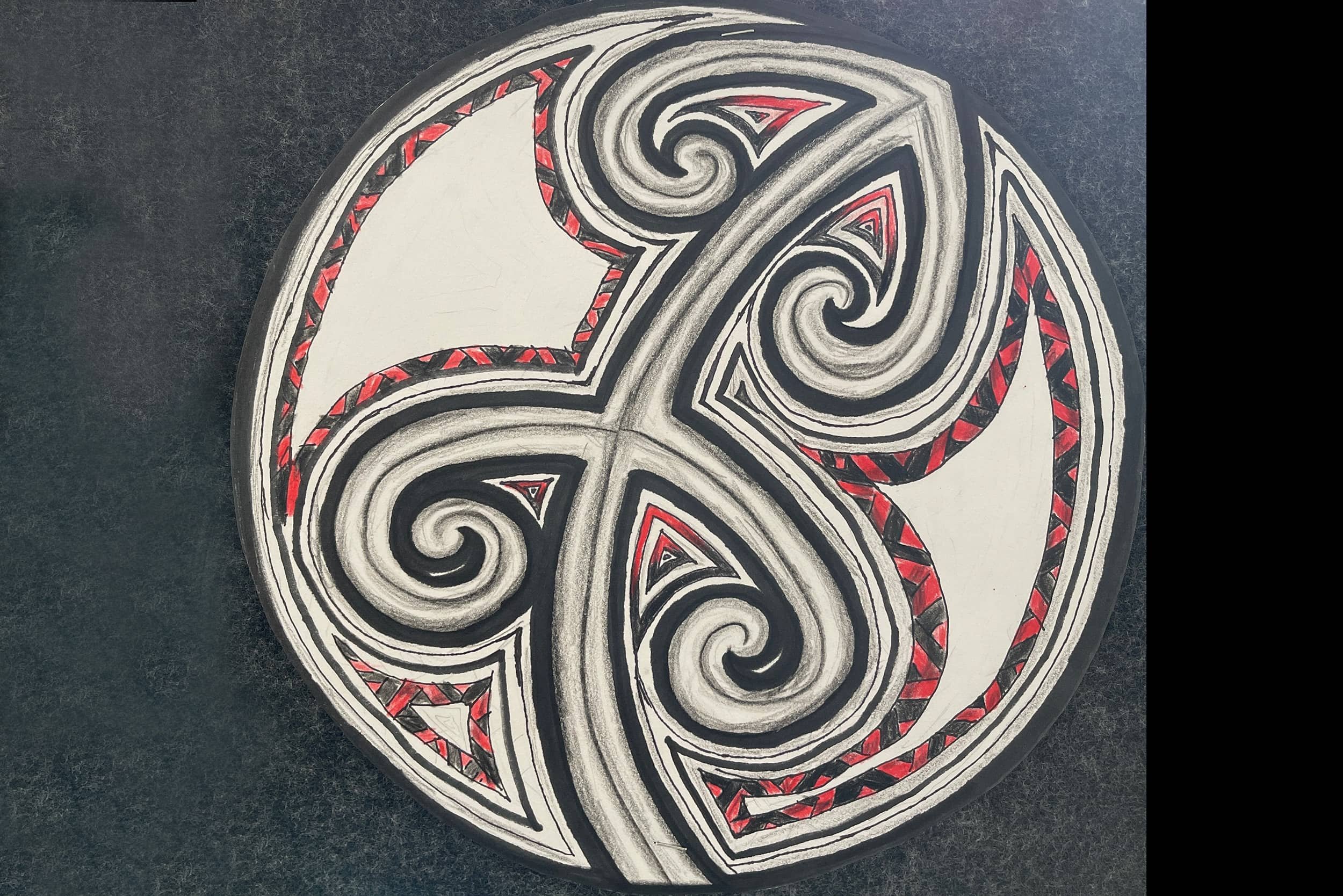
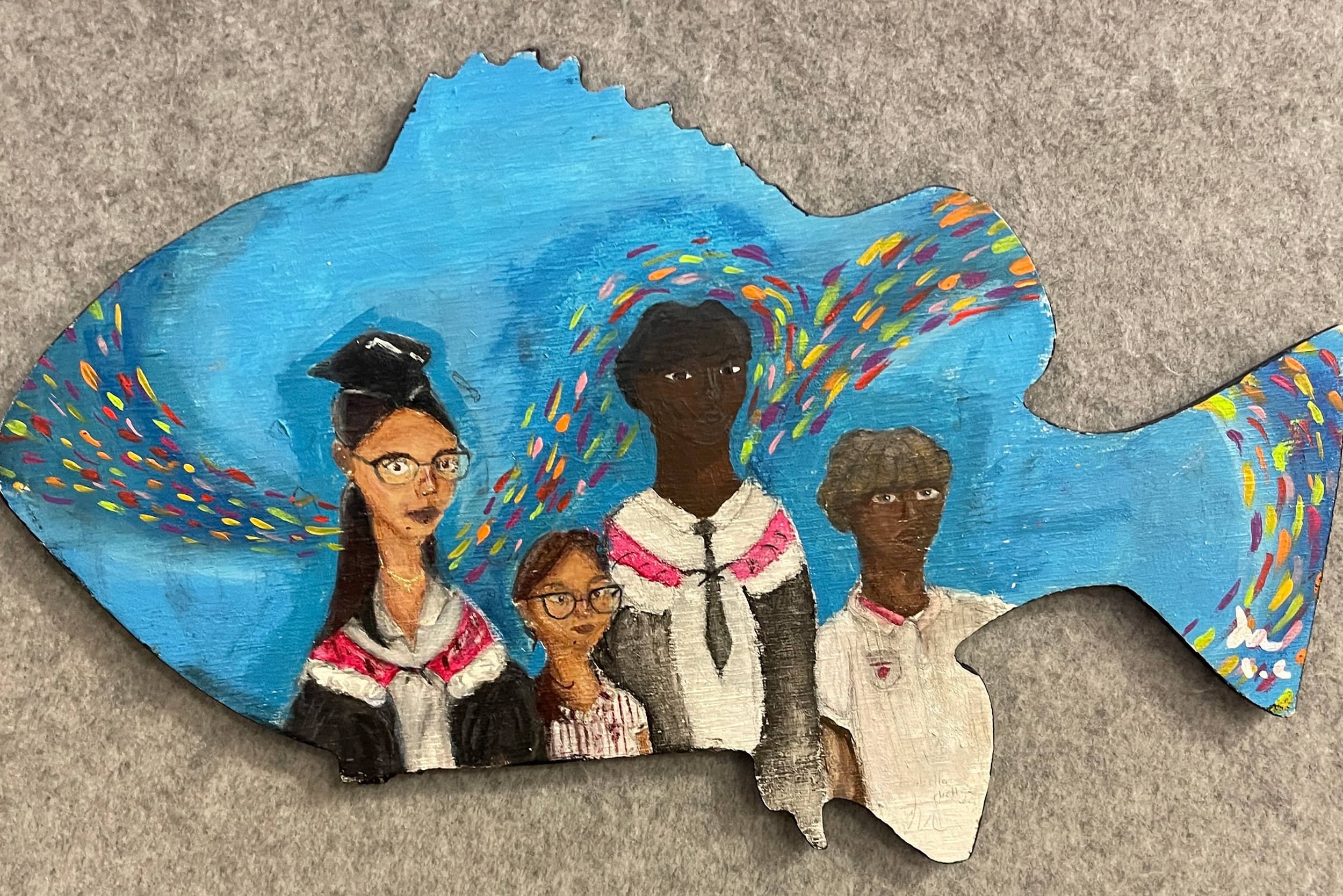
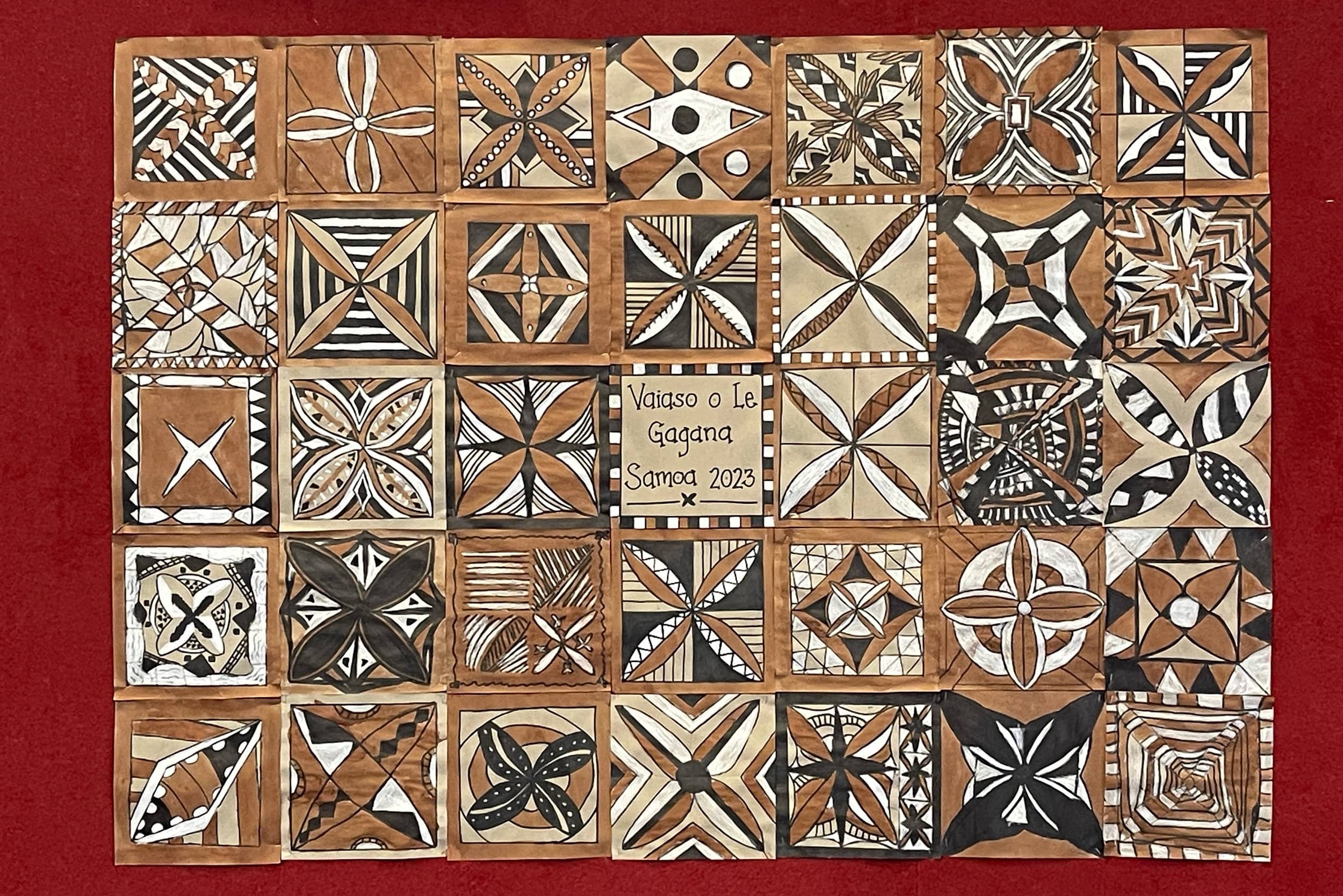

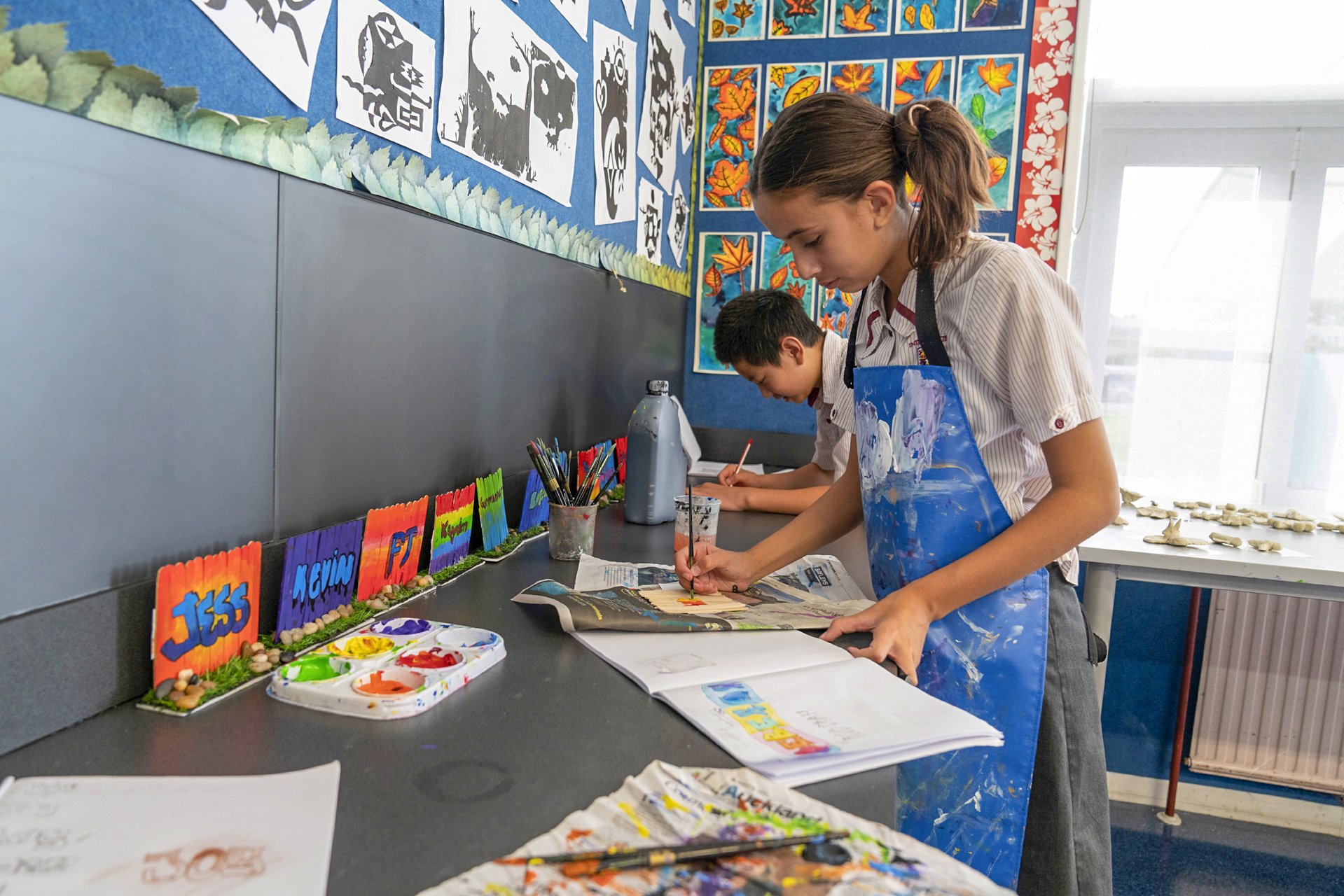
Auaha Ako
A specialist design programme tailored for students to hone their skills using an array of tools and techniques, including:
Laser Cutter
Students learn to utilise laser cutting technology for precision cutting and engraving on various materials such as wood, acrylic, and cardboard.
3D Printer
Students learn to translate their digital designs into tangible objects, understanding concepts like layering, support structures, and material selection.
Woodworking Power Tools
With access to woodworking power tools such as saws, drills, sanders, and routers, students develop craftsmanship and woodworking skills.
CAD (Computer-Aided Design) Software
Alongside hands-on tool usage, students are trained in CAD software to conceptualise and design their projects digitally.
Design Thinking and Problem-Solving
Students engage in design challenges and projects that encourage them to identify user needs, brainstorm solutions, and iterate through prototyping to arrive at innovative design solutions.
Project-Based Learning
This approach allows them to apply theoretical knowledge to practical scenarios, collaborate with peers, and develop a portfolio of work that showcases their skills and creativity.
Safety
Safety protocols are integrated into the programme to ensure students operate machinery and tools safely.
By providing a comprehensive blend of theoretical knowledge, practical skills, and hands-on experience with cutting-edge tools and technologies, this specialist design program equips students with the expertise and confidence to excel in the field of design and fabrication.
Students who demonstrate strength in Engineering design are offered the opportunity to engage with our EPRO8 Extension programme, where they explore challenges using the EPRO 8 kits. Each year Howick Intermediate takes part in Epro8 competitions. Students create different structures and work with electronic circuits to complete problem challenges.
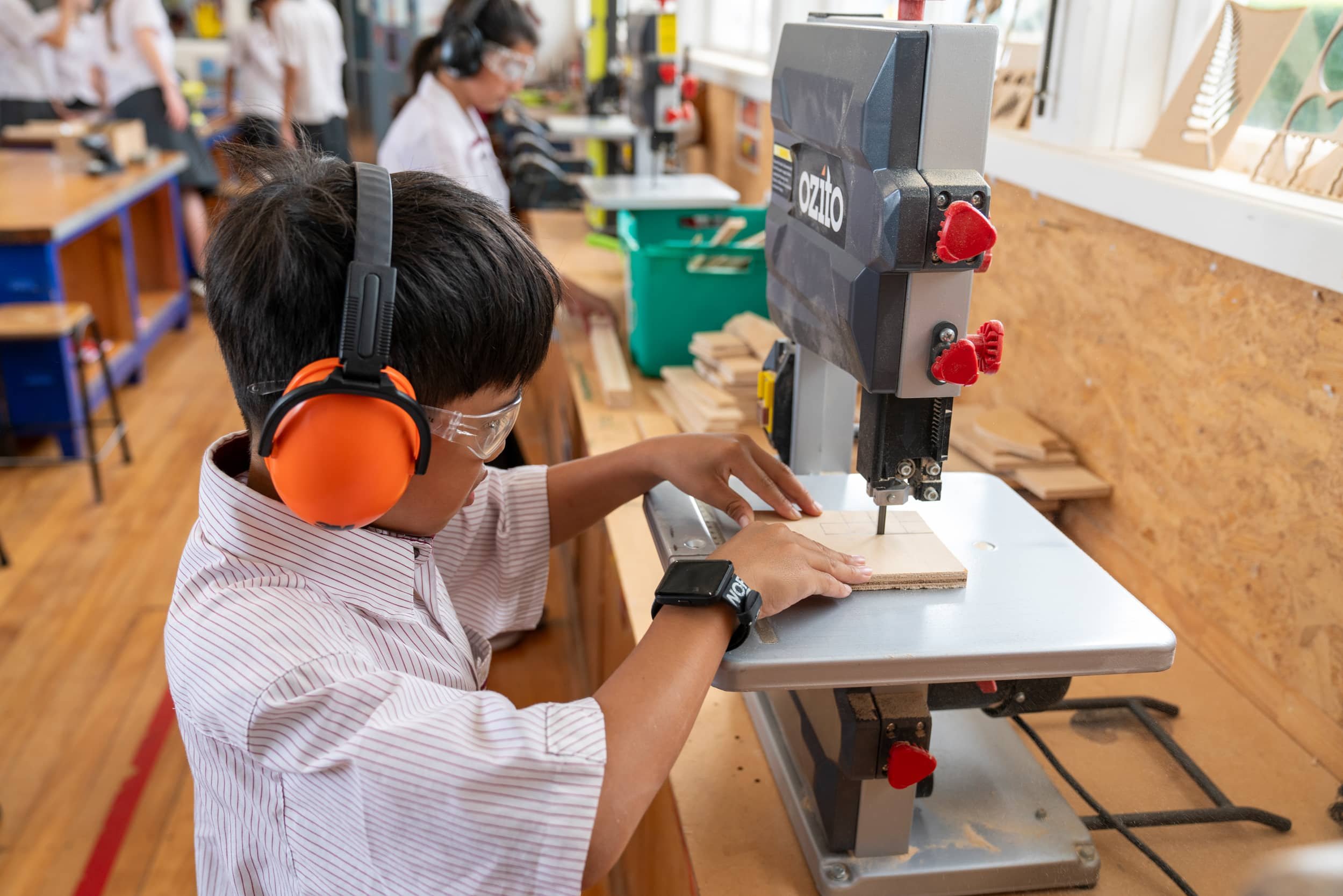

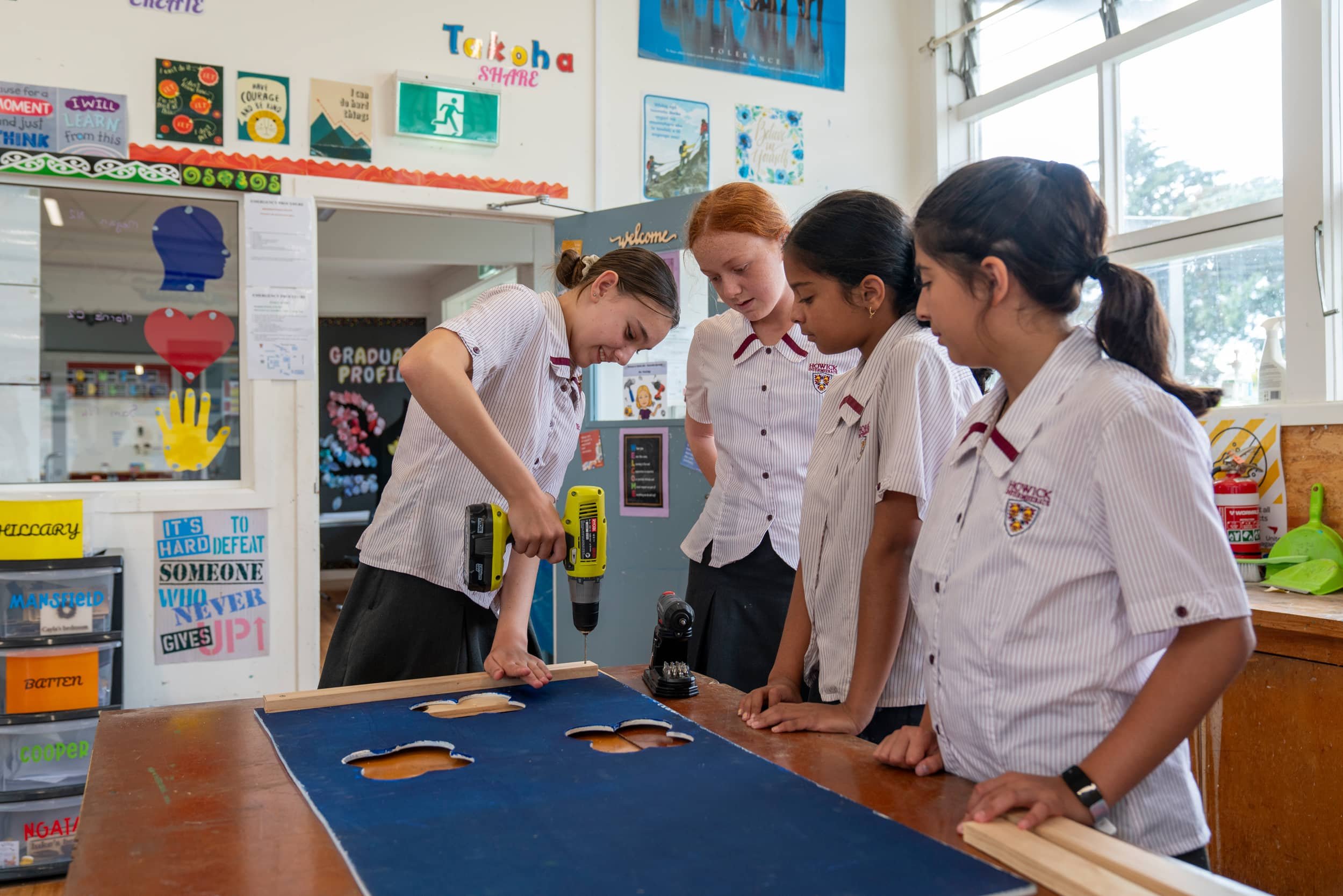
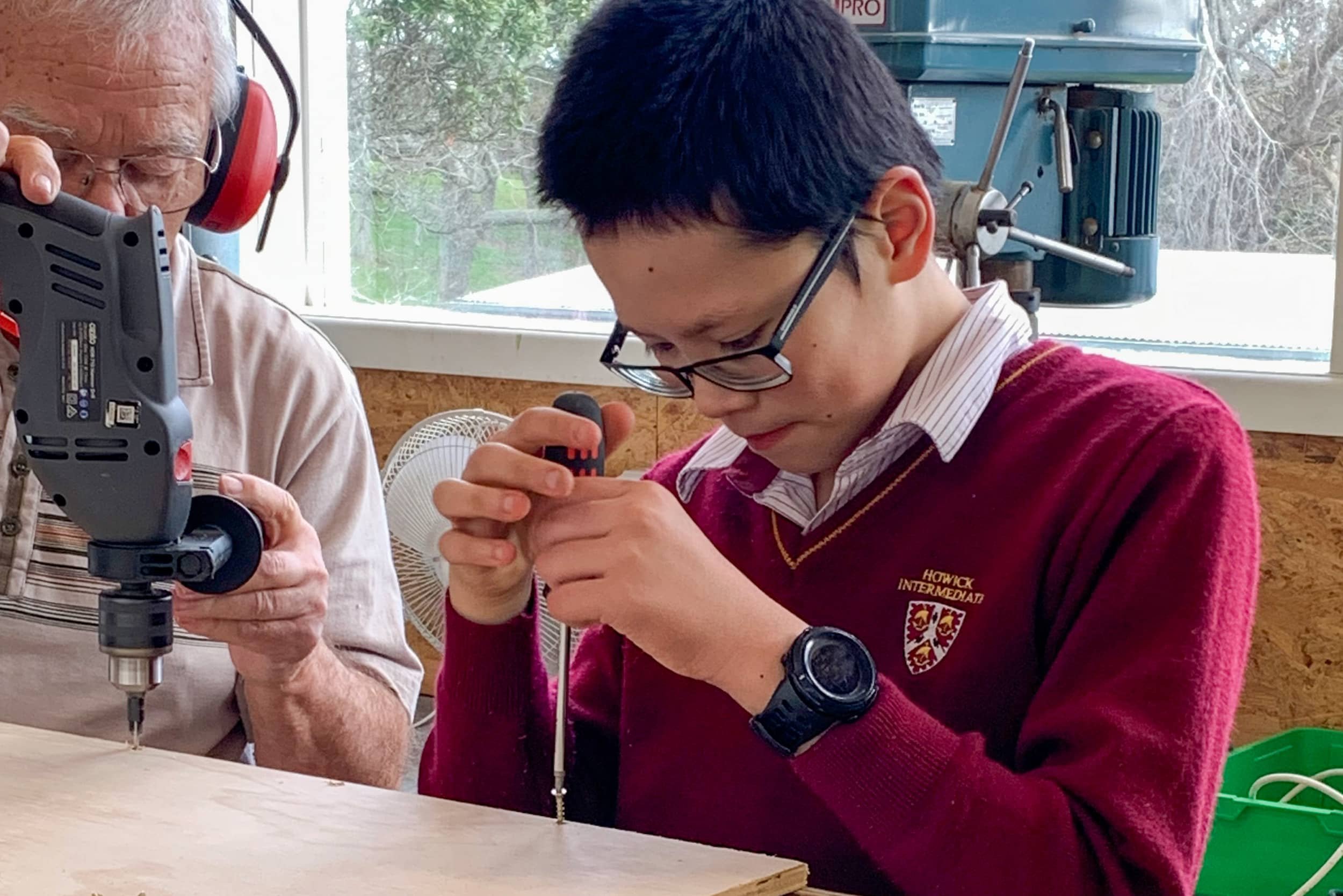
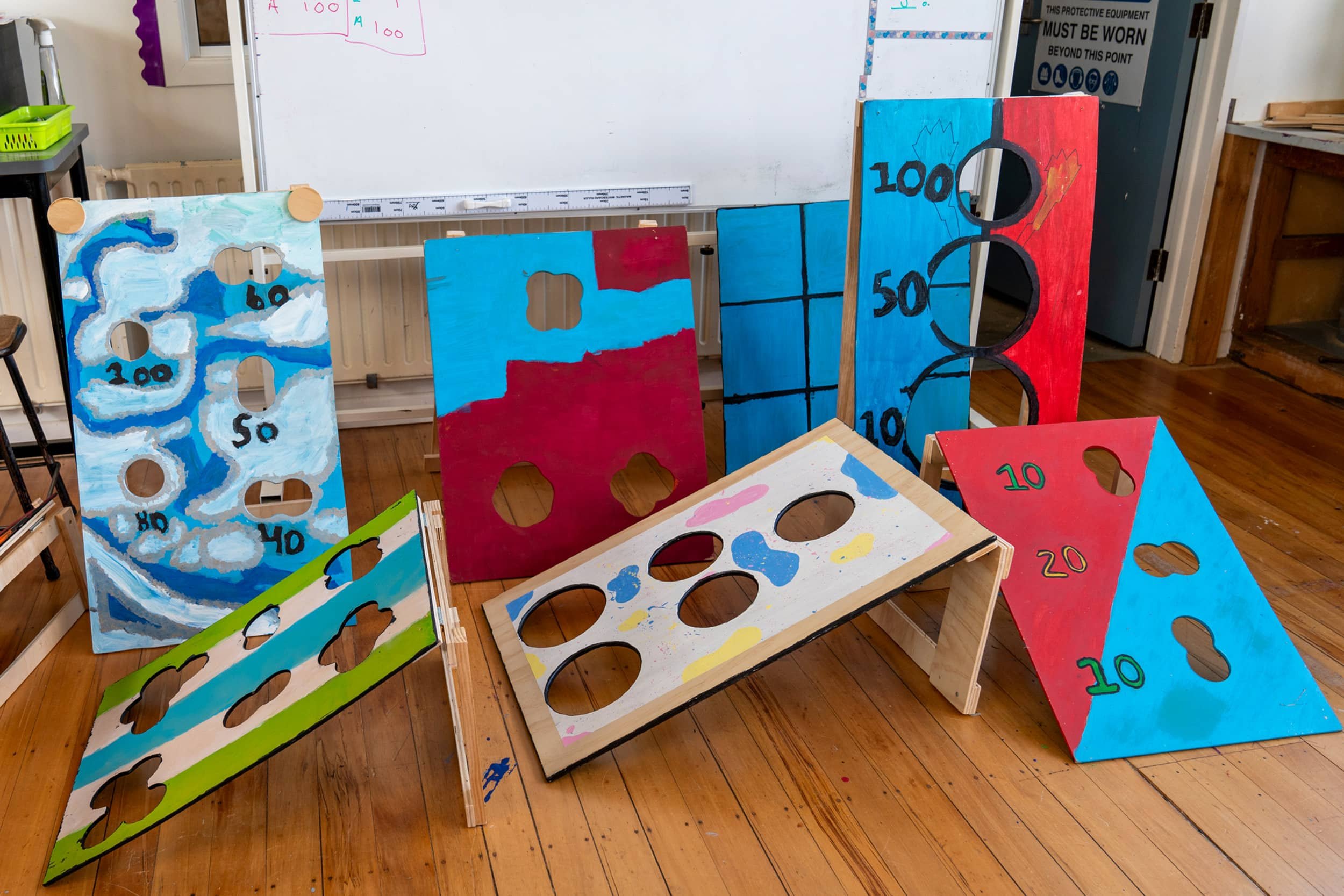
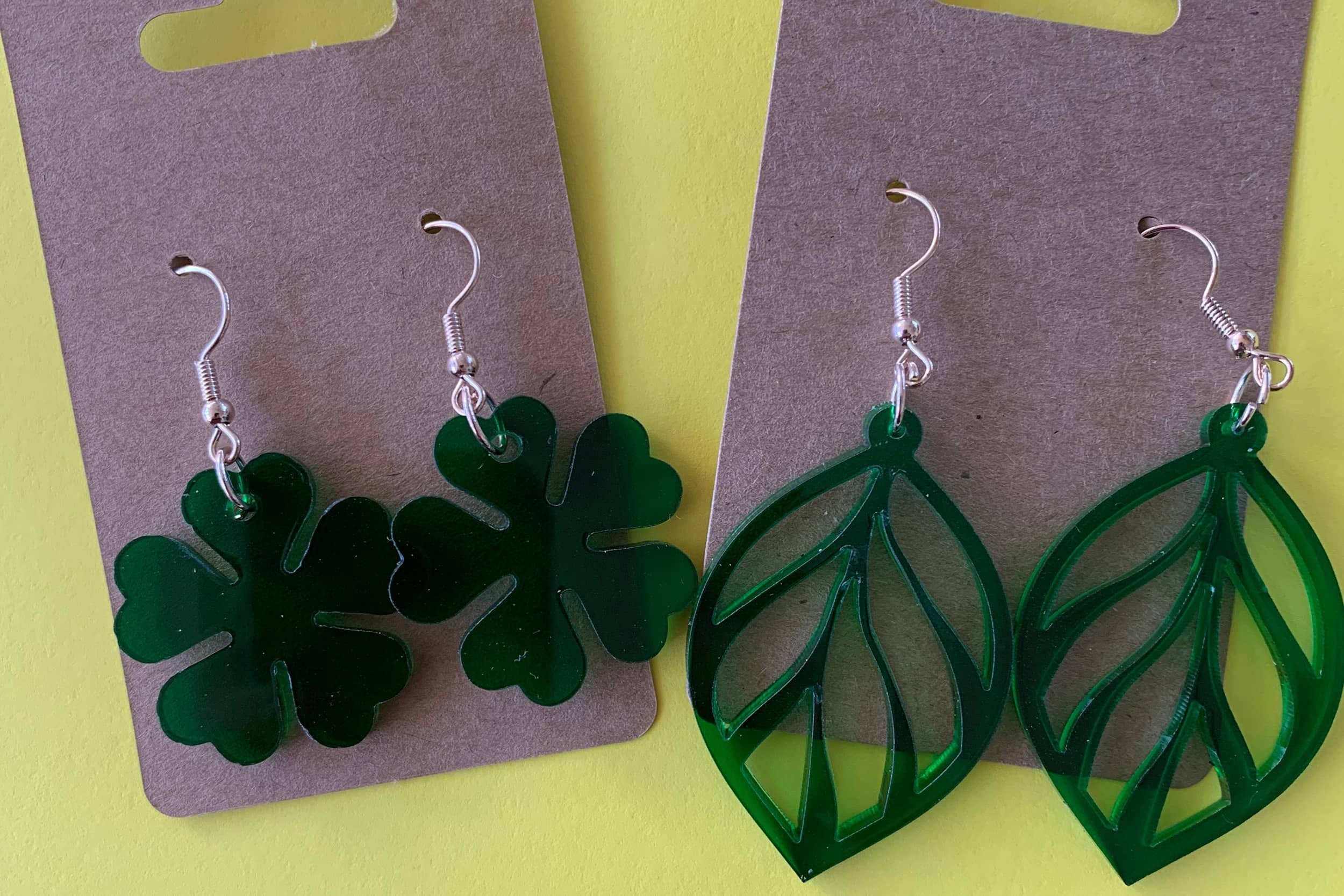
Food Technology
With a focus on the seven key elements of taste, texture, presentation, nutrition, safety, creativity, and teamwork, our programme is designed to captivate and engage students. Through hands-on experiences and interactive lessons, students explore a rich tapestry of ingredients and cooking techniques, unlocking the secrets of the culinary world and gaining a deeper appreciation for the art of cooking.
Our programme goes beyond teaching practical culinary skills. It is about nurturing holistic development, empowering students with essential life skills such as critical thinking, problem-solving, time management, and literacy and numeracy skills tailored specifically to the realm of Food Technology. By integrating these skills into our curriculum, we ensure that students are not only equipped to excel in the kitchen but also prepared for success in all facets of life.
For those with a true passion for food, our extension opportunities provide a platform for students to elevate their culinary expertise. From crafting innovative appetisers to creating delectable snacks and meals, students have the chance to showcase their culinary creations at various school events, allowing them to shine and share their talents with the wider community.
Our Food Technology Programme instills in students a lifelong love for food and equips them with the skills and knowledge they need to succeed, both in further studies and in practical application in the culinary field.
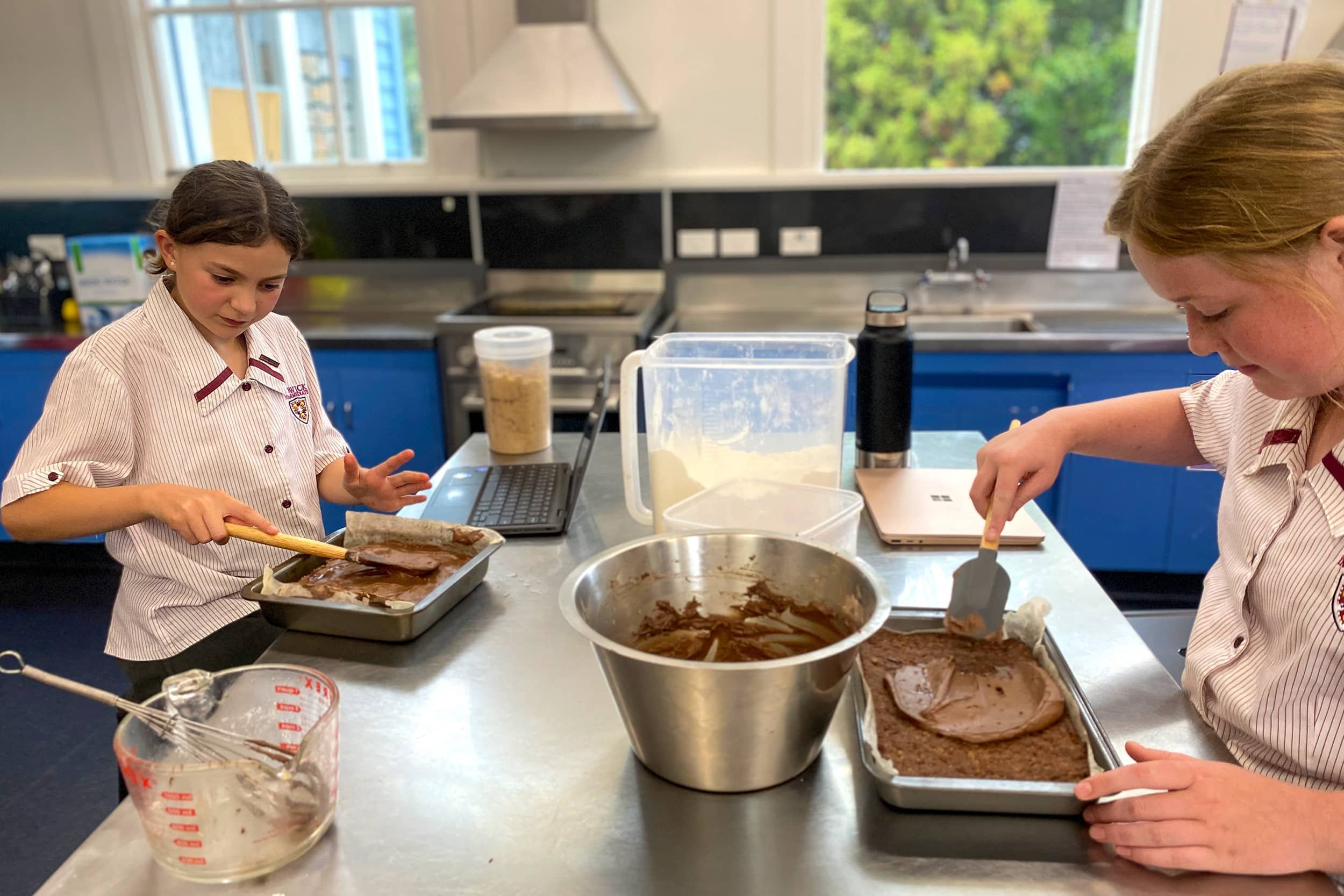
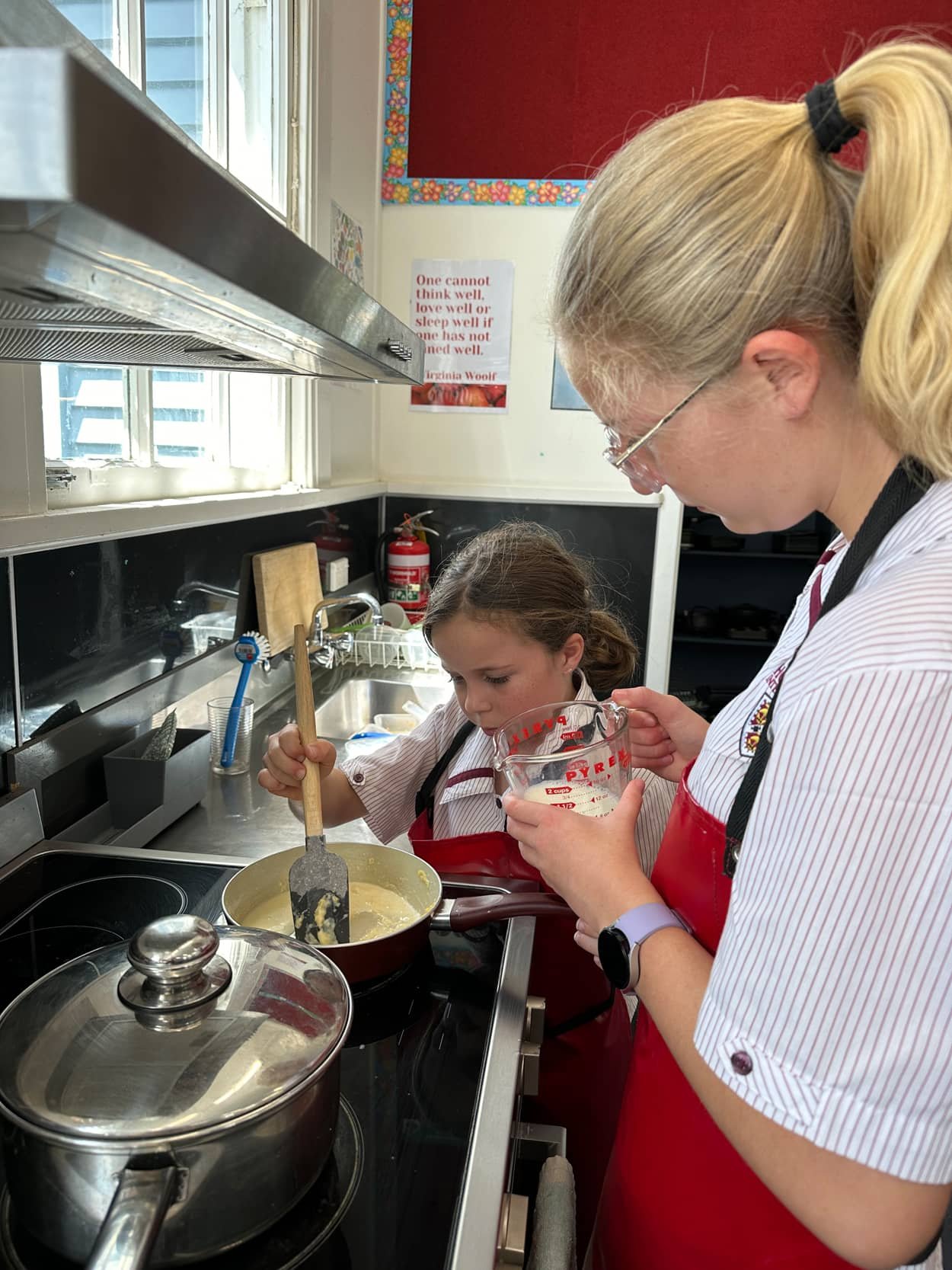
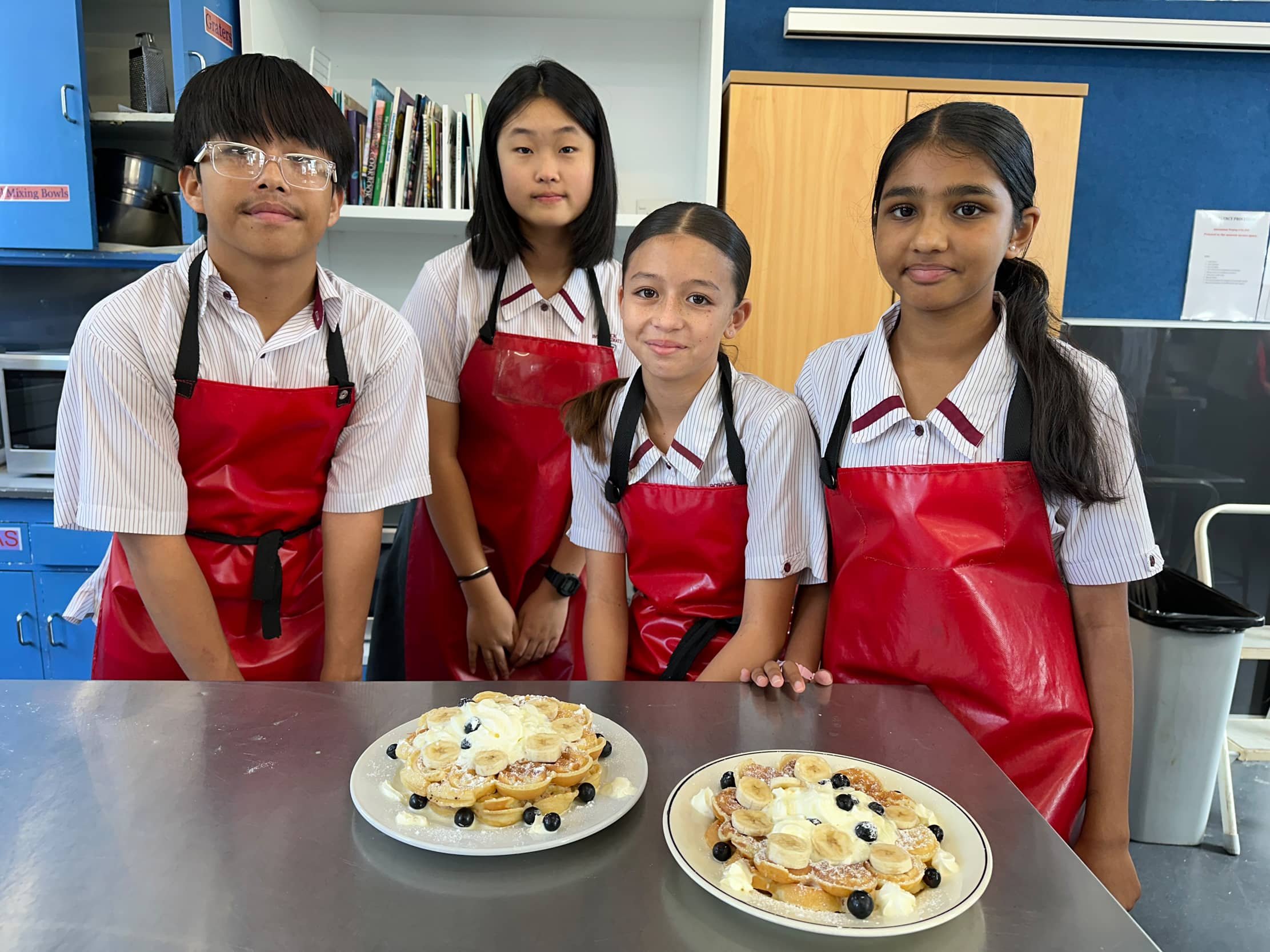
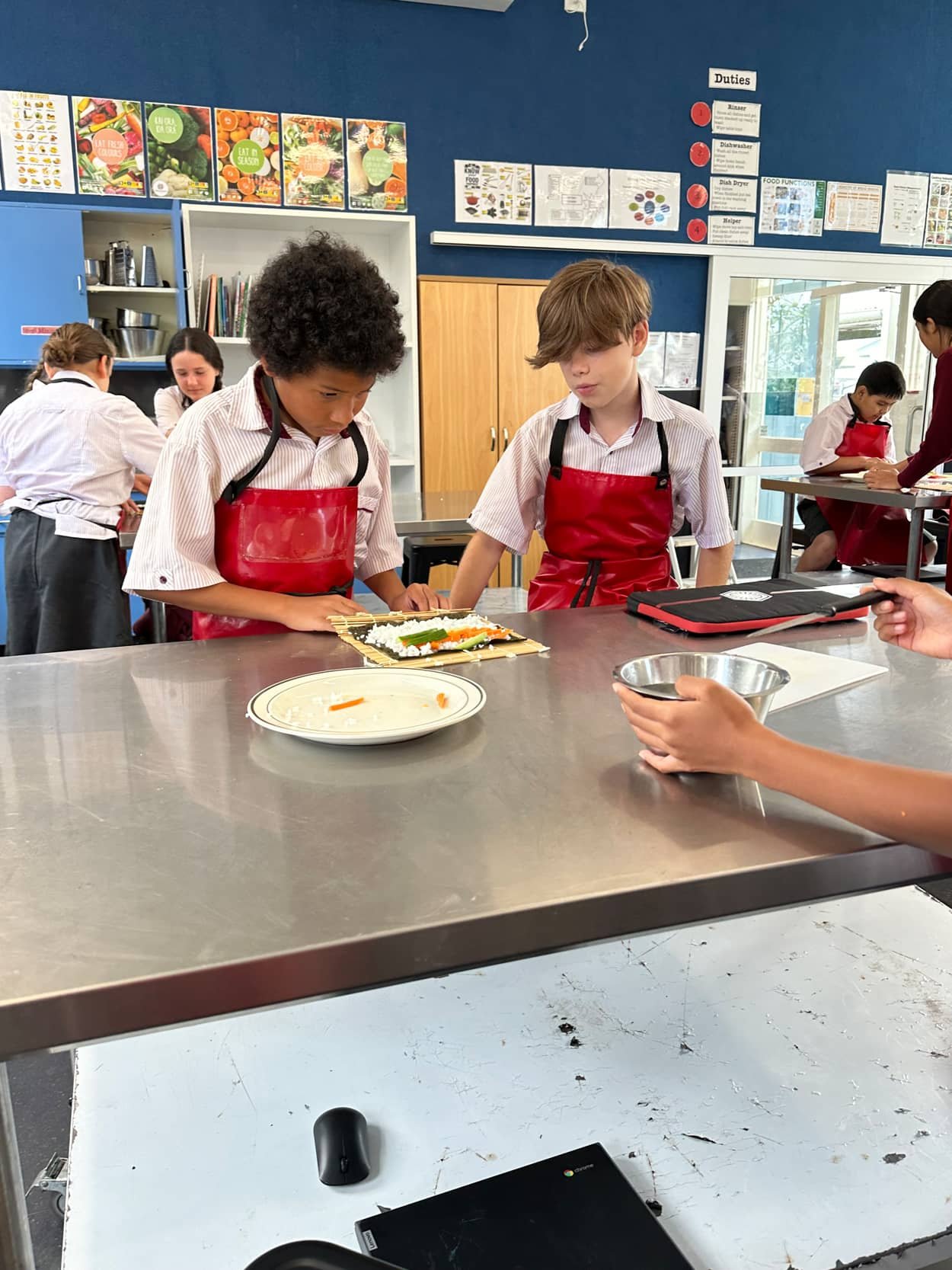
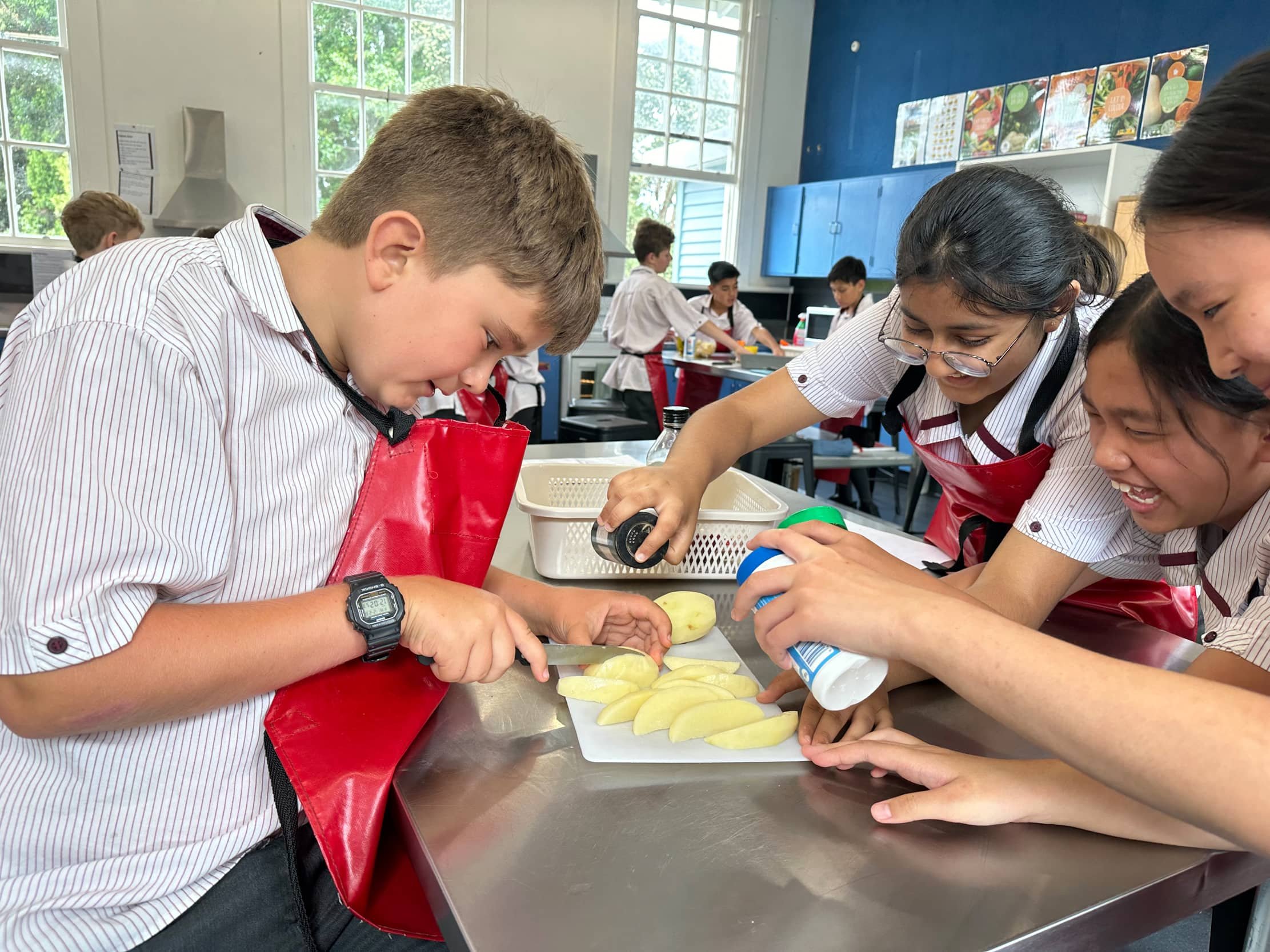
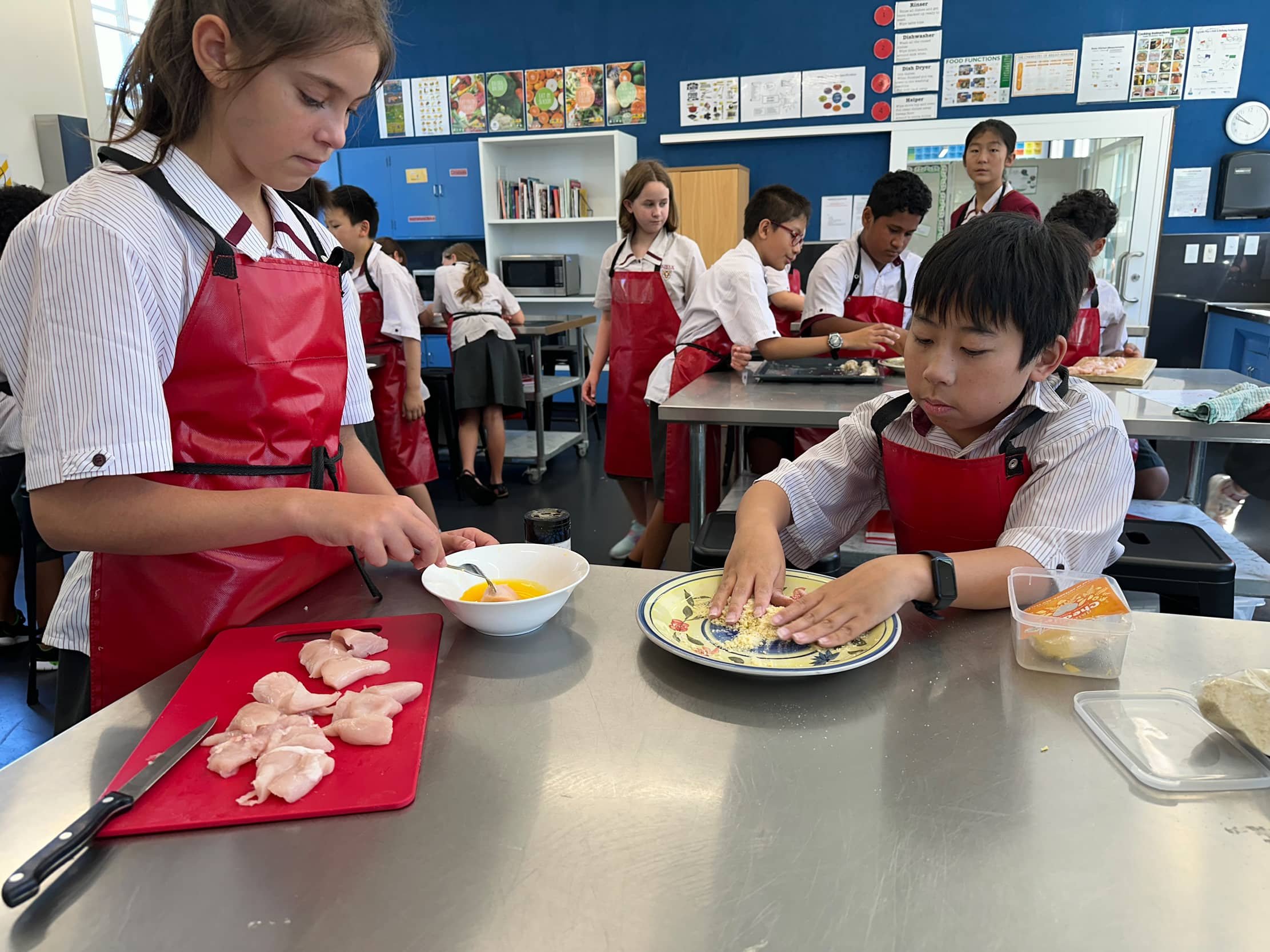
Performing Arts
Performing arts education offers numerous benefits beyond just learning specific skills in dance, drama, and music. The following elements contribute to personal growth and development:
Trying New Things
By trying new techniques and styles, students broaden their artistic horizons and discover new ways to communicate and connect with others.
Developing Confidence
Through regular practice and performance opportunities, students build confidence in their abilities.
Pushing Outside Comfort Zones
Growth often occurs when individuals step outside their comfort zones. By embracing these challenges, students learn resilience and adaptability.
Safe Environment
A supportive and inclusive learning environment is essential for students to feel comfortable taking risks and expressing themselves authentically.
Learning Elements of Dance, Drama, and Music
Understanding the fundamental elements of each discipline lays the groundwork for students to develop their artistic voice.
Focus on Choreography, Devising, Composition, Theory, and Performing
By delving into these specific areas, students acquire valuable skills that extend beyond the stage.
Our performing arts education offers a holistic approach to personal and artistic development, emphasising creativity, self-expression, collaboration, and growth. Through exploration, practice, and performance, students not only hone their skills but also cultivate confidence, resilience, and a lifelong appreciation for the arts.
We also offer a wide range of Performing Arts extra-curricular activities that students can sign up to including; Production, dance groups, choir, music groups, and Showquest. There are opportunities to perform at local festivals, in school hui, and at the annual AIMS Hip Hop competition.
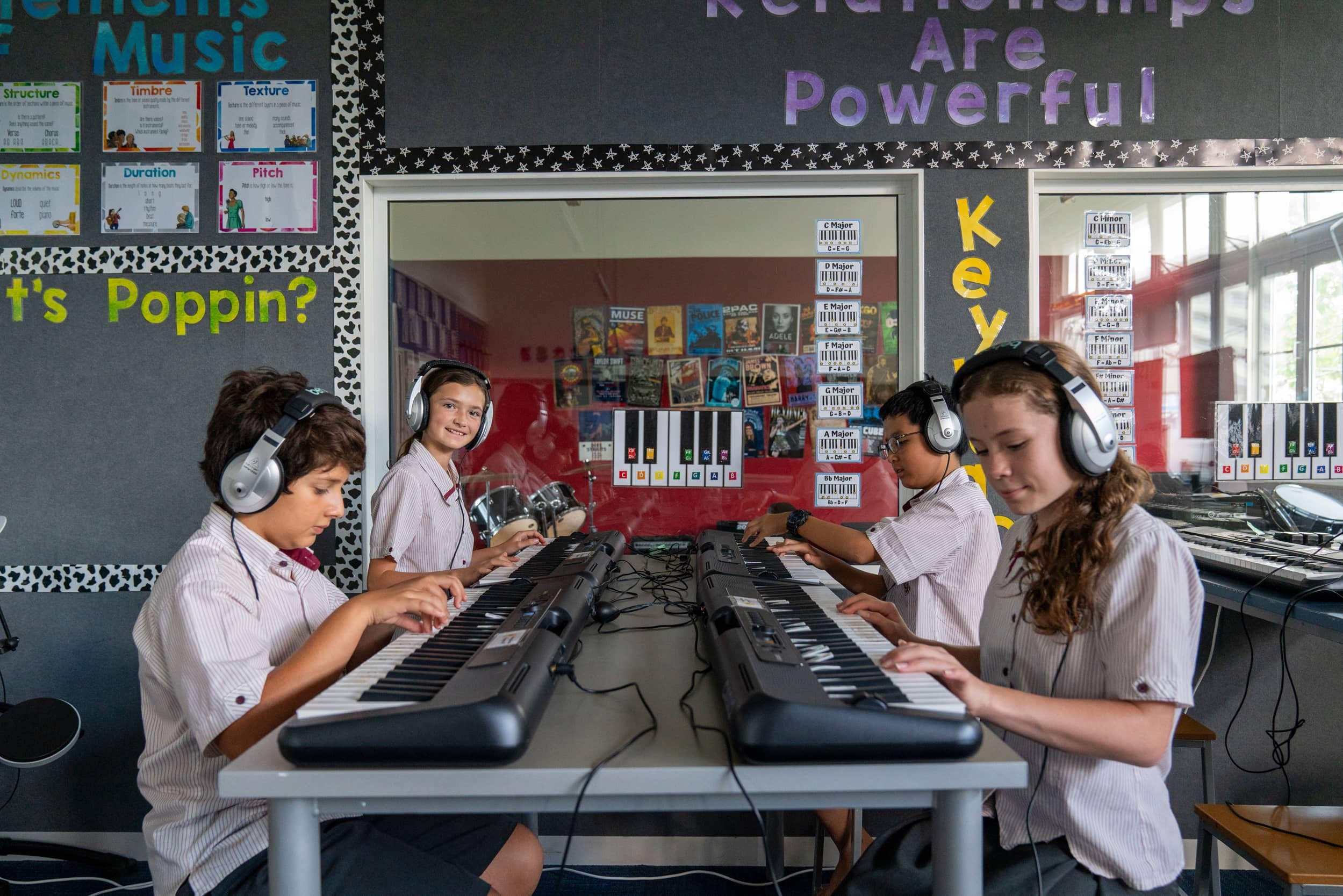
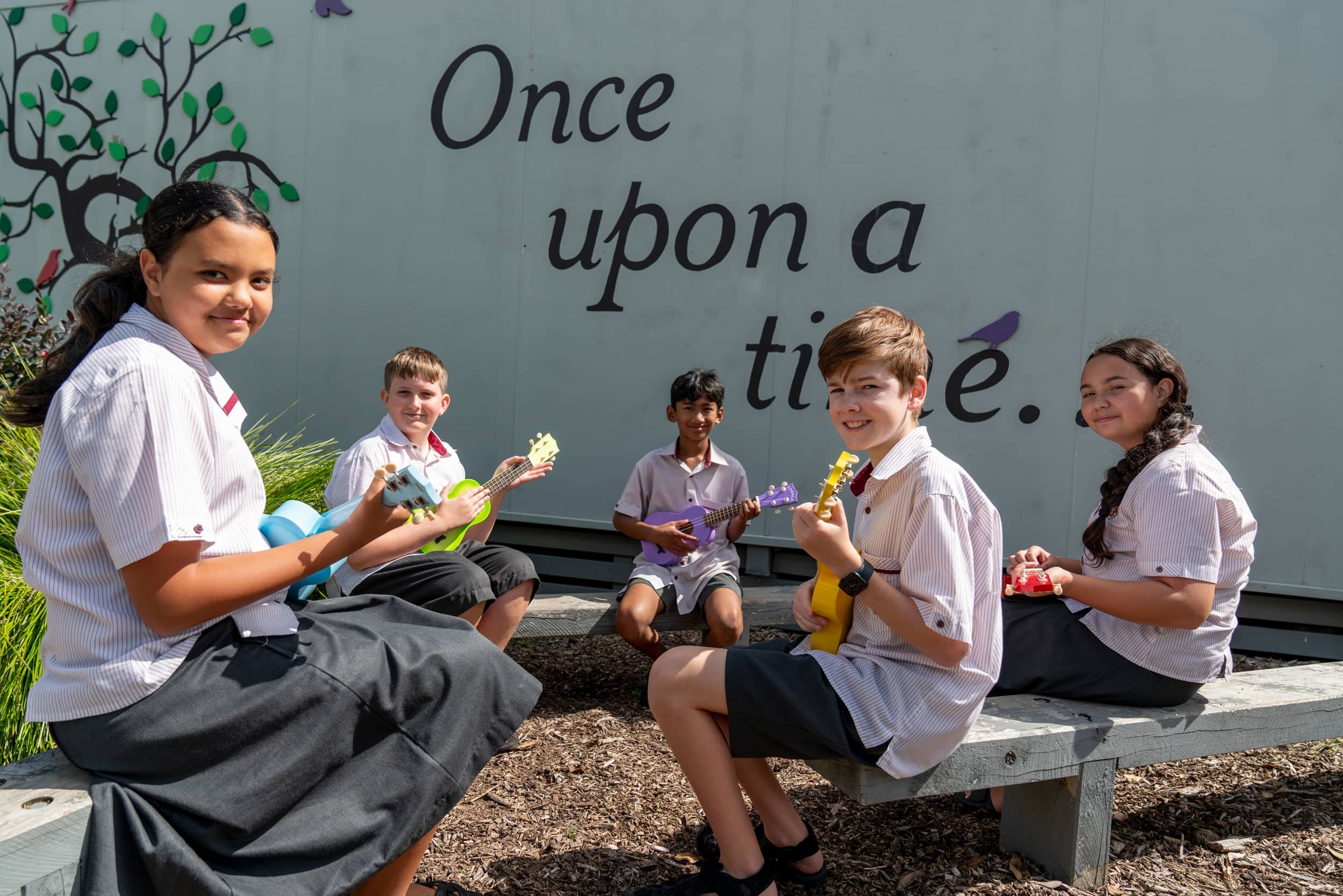

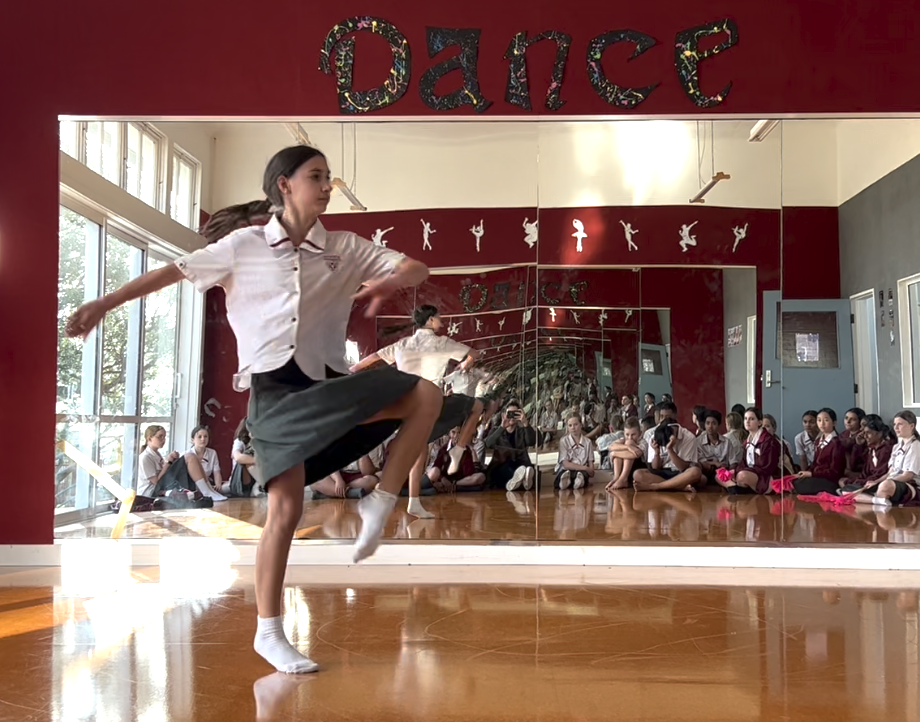
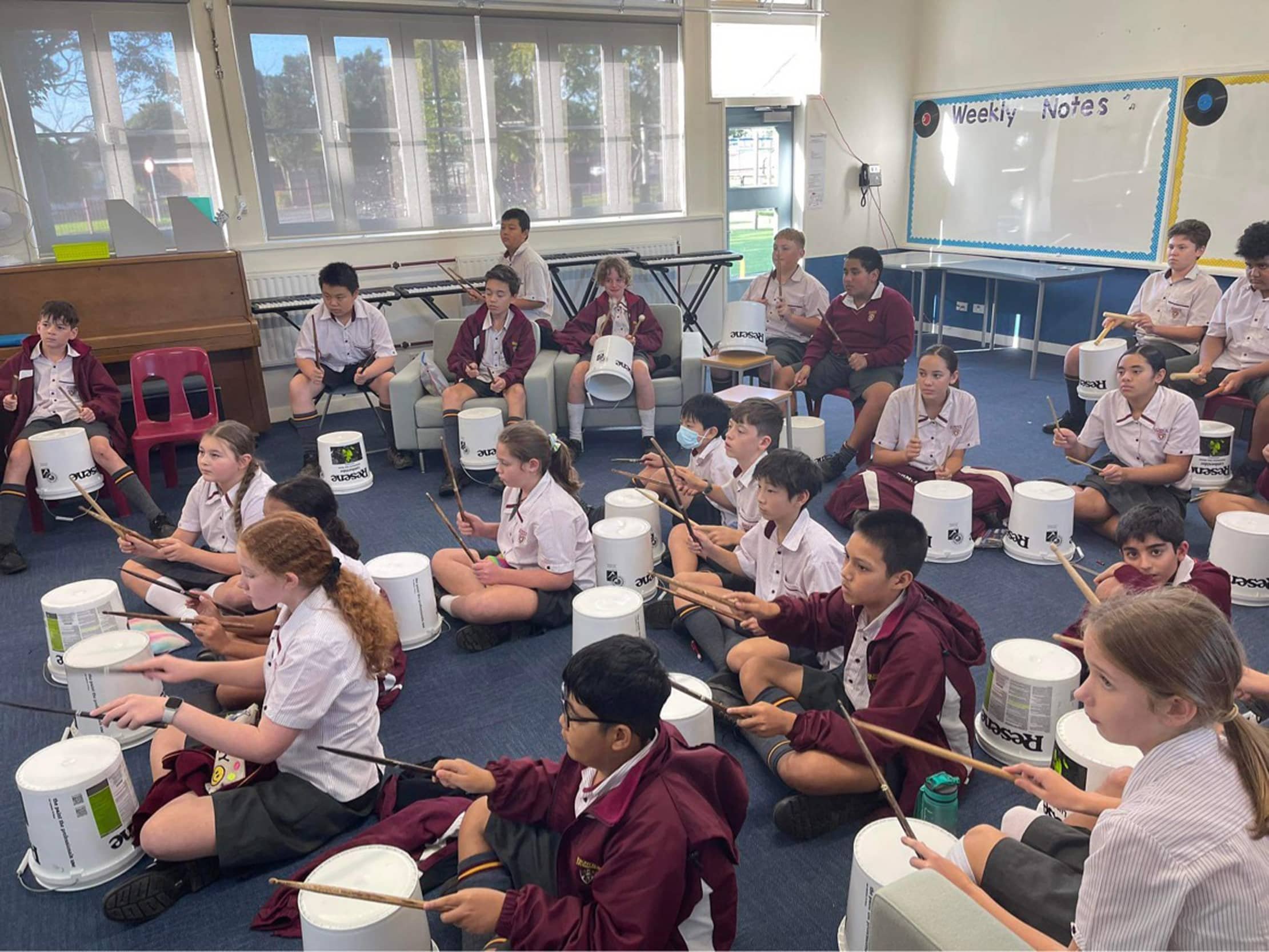
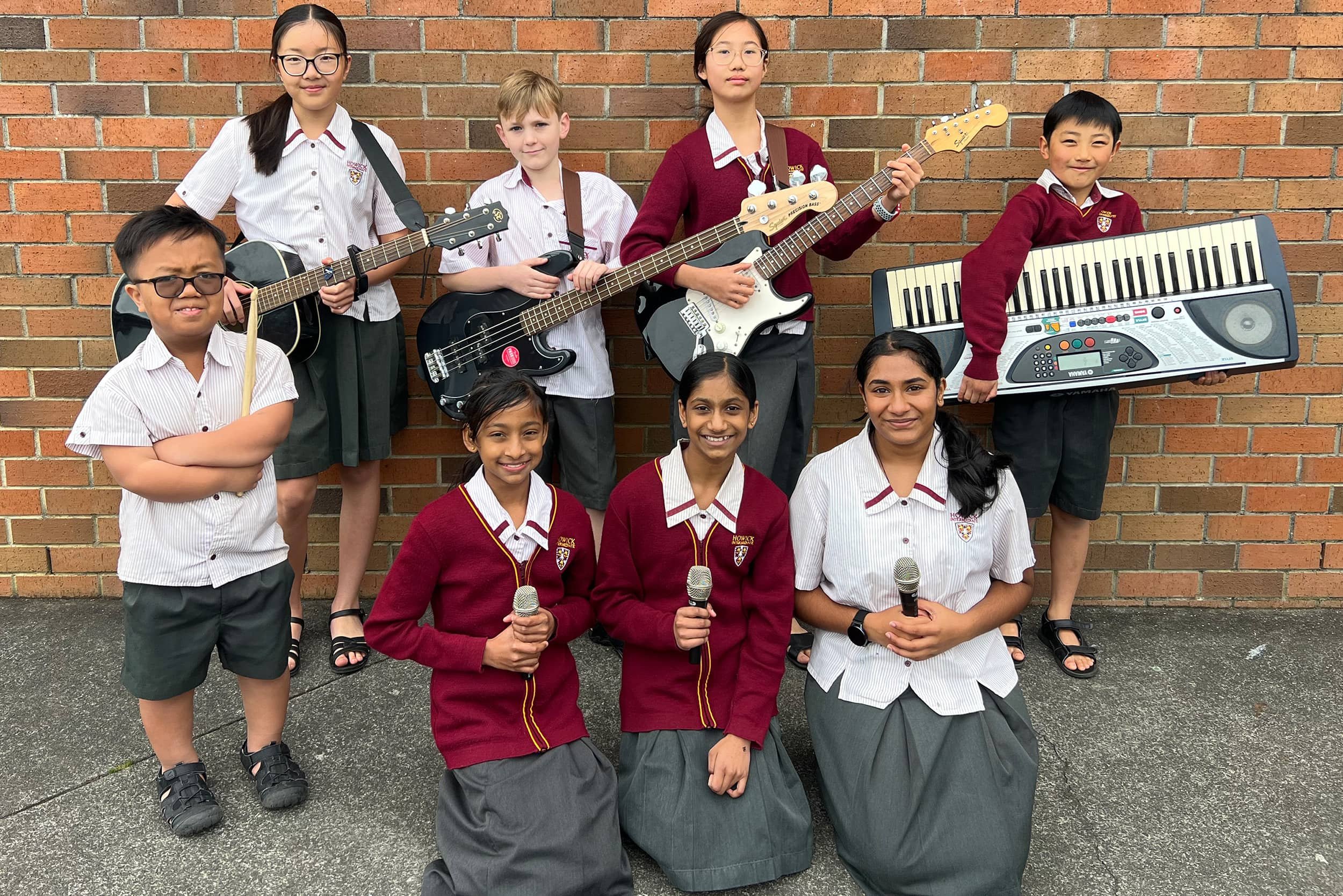
Specialist Science
Specialist Science encompasses several key strands, which include:
Scientific Inquiry
This strand focuses on teaching students how to ask questions, make observations, gather data, and draw conclusions using scientific methods. It emphasises critical thinking, problem-solving, and the process of scientific investigation.
Understanding Scientific Concepts
Students learn fundamental concepts in various scientific disciplines, such as ocean science, climate change, chemical reactions, plant biology, and life processes. They explore these concepts through hands-on activities, experiments, and demonstrations.
Nature of Science
This strand explores the nature and practices of science itself, focusing on all the special characteristics, values, and assumptions that are taken into consideration based on which scientific knowledge is based and developed.
Scientific Literacy
Students develop literacy skills in science, including reading, writing, and communicating scientific information effectively. They learn how to interpret scientific texts, write lab reports, and present their findings to others.
Within the Science Room, students have the opportunity to engage in various hands-on activities that align with these key strands of the curriculum. These activities may include conducting experiments, making observations, analysing data, and collaborating with peers to solve scientific problems. By actively participating in these activities, students develop their skills in observation and scientific methodology while gaining a deeper understanding of scientific concepts and the nature of science itself.
A Science Extension class also offers an additional opportunity for students to advance their Science Fair projects and use equipment to conduct experiments and explore scientific concepts further.
